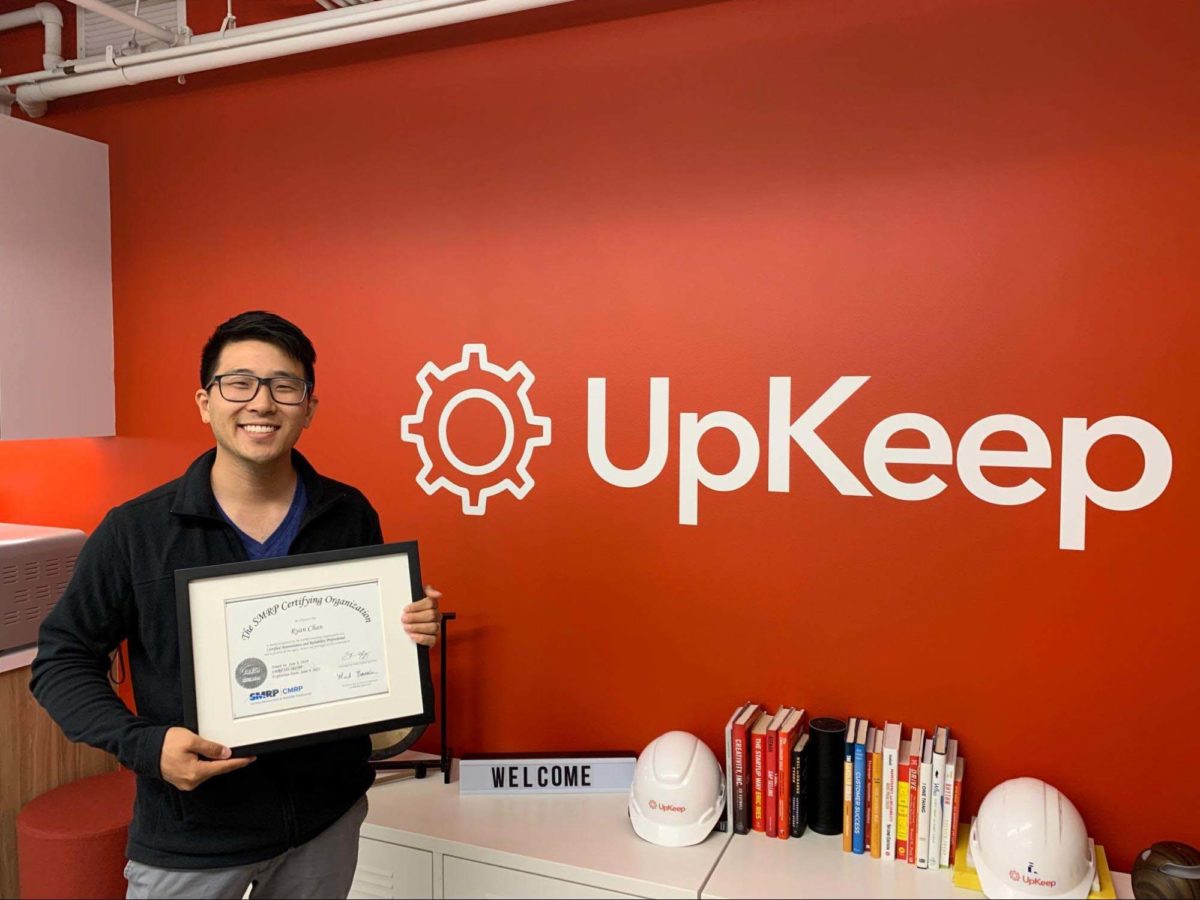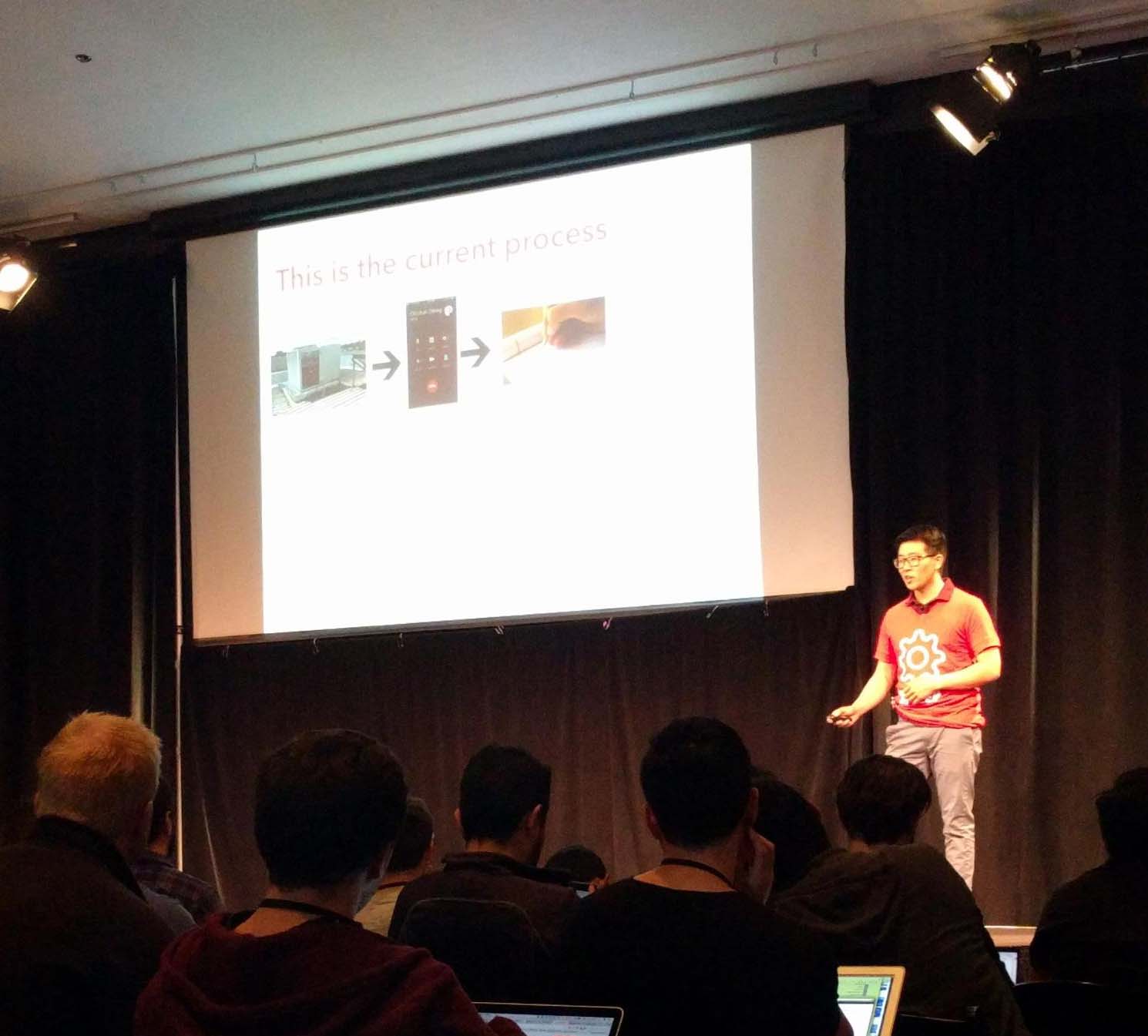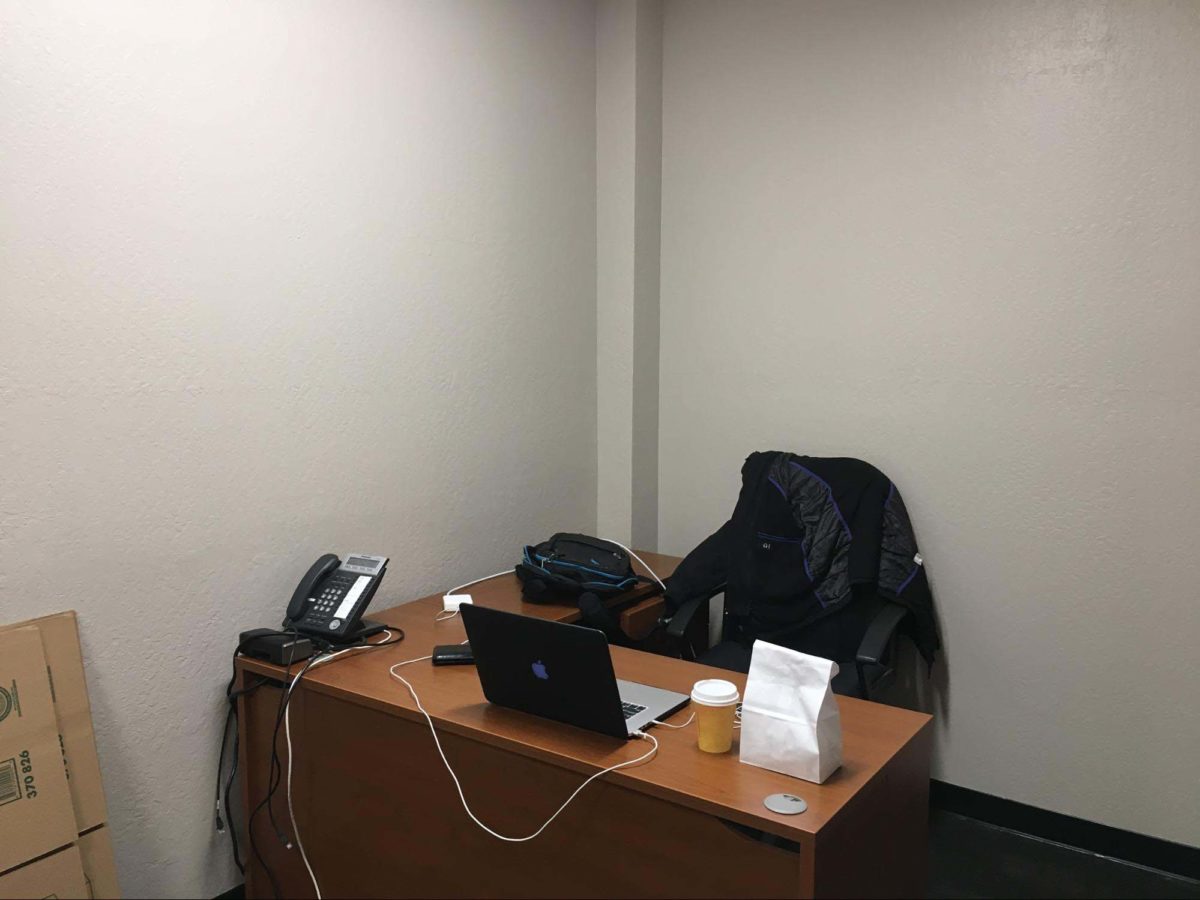Ryan Chan the founder of UpKeep shares his Y Combinator Journey
- 1.From Wolf of Wall Street to a "Made Man" in Silicon Valley
- 2.How LendEDU Raised the Most Valuable Seed Round Imaginable with Y Combinator
- 3.Kyle Killion's story of getting Suiteness into Y Combinator along with tips on how to apply
- 4.Rotem Yakir shares Guggy’s story of evolving from "just another Israeli Startup" to a YC startup
- 5.The True Story of How Orion Willow Got Lendsnap Accepted Into Y Combinator
- 6.Nicky Goulimis shares Nova Credit's Path to Y Combinator Acceptance and Beyond
- 7.Katherine Nammacher Chronicles RideAlong’s Journey Into Y Combinator
- 8.The Story of How a Sofa Startup Got Into Y Combinator with Just a Pitch Deck
- 9.The story of how two college friends joined forces to disrupt an industry with Iris Automation
- 10.How 4 Swedes got their SaaS accepted into Y Combinator while still at $0 MRR
- 11.The story of when 8 x Co-Founders flew from Denmark to San Francisco for Y Combinator
- 12.Ryan Chan the founder of UpKeep shares his Y Combinator Journey
- 13.Pedro Goes of InEvent shares his Y Combinator Journey
- 14.Itay Forer of Cleanly shares his Y Combinator Journey
- 15.How to get into Y Combinator according to the founders that did get in
- 16.What It Was Like Doing Y Combinator a Second Time
Ryan is the Founder and CEO @ UpKeep, collaboration software for improving agility and productivity of the facility managers in the manufacturing industry. Here’s his journey through Y Combinator.
Tell us a bit about yourself and your reason to join Y Combinator
Cool, would love to. I’m Ryan Chan, Founder and CEO of UpKeep.
Honestly, I had no idea what I was doing while applying to the Y Combinator. I grew up in Los Angeles, and I wasn’t familiar with the startup scene at all.
I was the iOS developer for more than two years. In my spare time, I was building UpKeep. It had thousands of users, but I wasn’t receiving any money at all. I applied to Y Combinator because I wasn’t familiar with fundraising and how to run a business.
I applied to Y Combinator and said to myself:
“Look, Ryan, this is going to be an amazing opportunity to get deeply involved in the startup scene and to learn from mentors and other people.”
After all, it looks like the Y Combinator is a great resource for that.
Give us a brief description of your business
UpKeep is the software for manufacturing facilities. When some part of the equipment breaks down, facility workers can use UpKeep to snap a picture, create a work order, and send it to the facility manager. Manager can prioritize the backlogs and pass them to the tech guys asking for the solution.
Long story short, UpKeep is a kind of the group collaboration task management tool for facility managers.
What were your first steps with UpKeep?
My first job was in the manufacturing facility and we used one of our competitor’s products.
I was working out there, and I realized that our tech guys never spent time on a desktop. So I decided to create something that’s mobile-first, so tech guys and facility managers can use it on-the-go.
Since I didn’t know too much about development, I decided to teach myself how to code. Later on, I somehow got the job as the iOS developer, so, I was very grateful that I’ve got the opportunity to learn and get paid for it.
At the very first beginning of UpKeep, I built the back-end of the app, our very first version of the web application and the entire iOS app.
Did you have any traction before applying?
Yeah, we kinda had tractions. I was working on this product as the solo founder at the same time when I was working full-time as the iOS developer.
I launched the product as the 100% free app, so I had thousands and thousands of users who used the product.
It was cool to see all of those people using it, but was it some explosive growth?
No, it wasn’t.
It took me a couple of months to build the first version of the product. After I made the big release, on day one, my mom was the only user. On the second day, it was my brother. It was moving very slow. At the beginning, I didn’t care that no one is using my product. for me, it was only important to gather relevant feedback, and I did. I had a ton of useful feedback that helped me to improve UpKeep later on.
For almost two years, I was only focused on improving and iterating the product.
One day, my friend told me:
“Hi Ryan, you have this product and two thousand users who are using it daily. That’s cool! So look, this is not some side hustle, this can be a real business. I will give you some money for it if you quit your full-time job.”
Which I did. I quit my job and started to work full-time on UpKeep. But, after some time, I lost all of my savings, so I needed to monetize UpKeep as soon as possible. Then I decided to apply for the Y Combinator.
What’s the most important thing to have before applying to Y Combinator?
I literally spent the 15-30 minutes on my application. It was terrible. I wasn’t optimistic about getting in. Don’t use me as the model for applying to Y Combinator.
I think that you should invest a decent amount of time in your YC application.
But, my opinion is that application doesn’t play a big part in whether you will or not join the Y Combinator. I think it’s more important to have at least some traction inside your product.
Application is important, without the doubt, but I also think that your ability to execute your ideas is important as well.
Everyone has ideas, but rarely who is passionate enough to invest their entire life into them.
I think that Y Combinator really wanna go for ambitious ideas and people who already did the hardest steps – who went from zero to something. That is my belief.
What goes on after someone joins the Y Combinator?

Y Combinator is great in choosing the companies that have the potential to grow. It isn’t the main cause of your company’s growth. You are.
Mentors at Y Combinator are giving you advice, crazy metrics and deadlines you need to satisfy and they push you to meet your goals.
The biggest value of Y Combinator is in these sprints that force you to move forward. Mentorship is the key at Y Combinator.
Let’s get back to the story.
On your very first Y Combinator’s day, mentors will ask you: “What’s your target?”
It could be whatever is important for your business – pageviews, MRR, user acquisition, retention, or many other things.
After you decide what’s your most important KPI, they say to you: “Okay, from now on, let’s grow your KPI for 20% week over week.
Our main goal was revenue. We’ve put that on paper and said: “Okay if we want to meet 20% week over week growth, we will need to acquire X number of users every week”.
And we did that. In the beginning, we used very unscalable tactics and strategies to do that. We were manually contacting different people and experts in our industries. Asking for referrals and begging them to try our product.
It definitely wasn’t the long-term game, but it allowed us to meet our crazy weekly goals and grow pretty great.
It’s important to remember that startup’s main goal should be to accelerate learning – because that’s the only thing startups are capable of. We don’t have money, people or time. We only have the ability to change things quickly, iterate and learn as much as possible.
What’s the biggest benefit you’ve got from Y Combinator?
The biggest benefits Y Combinator has to offer are mentorship and network.
Like I already mentioned, Y Combinator’s mentors are pushing you to meet your crazy goals all the time.
If you apply to the Y Combinator with the hope that you will kickstart your business on your own, then that’s the completely wrong approach.

Ryan pitching UpKeep to investors on Demo Day.
But, on the other hand, if you apply to the Y Combinator with intent to listen to those people, then brace yourself for the growth.
Also, the network is a great benefit of Y Combinator. During your YC’s journey, you will meet a lot of people who are in the same struggles as you are. You will make great relationships and friendships – and that’s really special.
There’s a bunch of people from Y Combinator I still talk to, and we’re still offering help to each other.
These are the best benefits of Y Combinator you can get. Their value can’t be measured.
What’s your number one tip for the founders who are thinking about applying to Y Combinator?
Start today.
Too many people believe that they need to go out and get the funding or find the developers and technical co-founders in order to start and execute an idea.
That’s not true.
If you’re not the developer, then learn how to code. Think about your Minimal Viable Product (MVP). Sometimes, it could be a simple spreadsheet or a landing page.
Nothing stops us from getting where we want to be.
In the startup world, everything is about building, iterating, testing, gathering feedback and then building again.
Start today, and at the moment when you apply to the Y Combinator, you will have some initial traction and progress. They will appreciate that very much.





